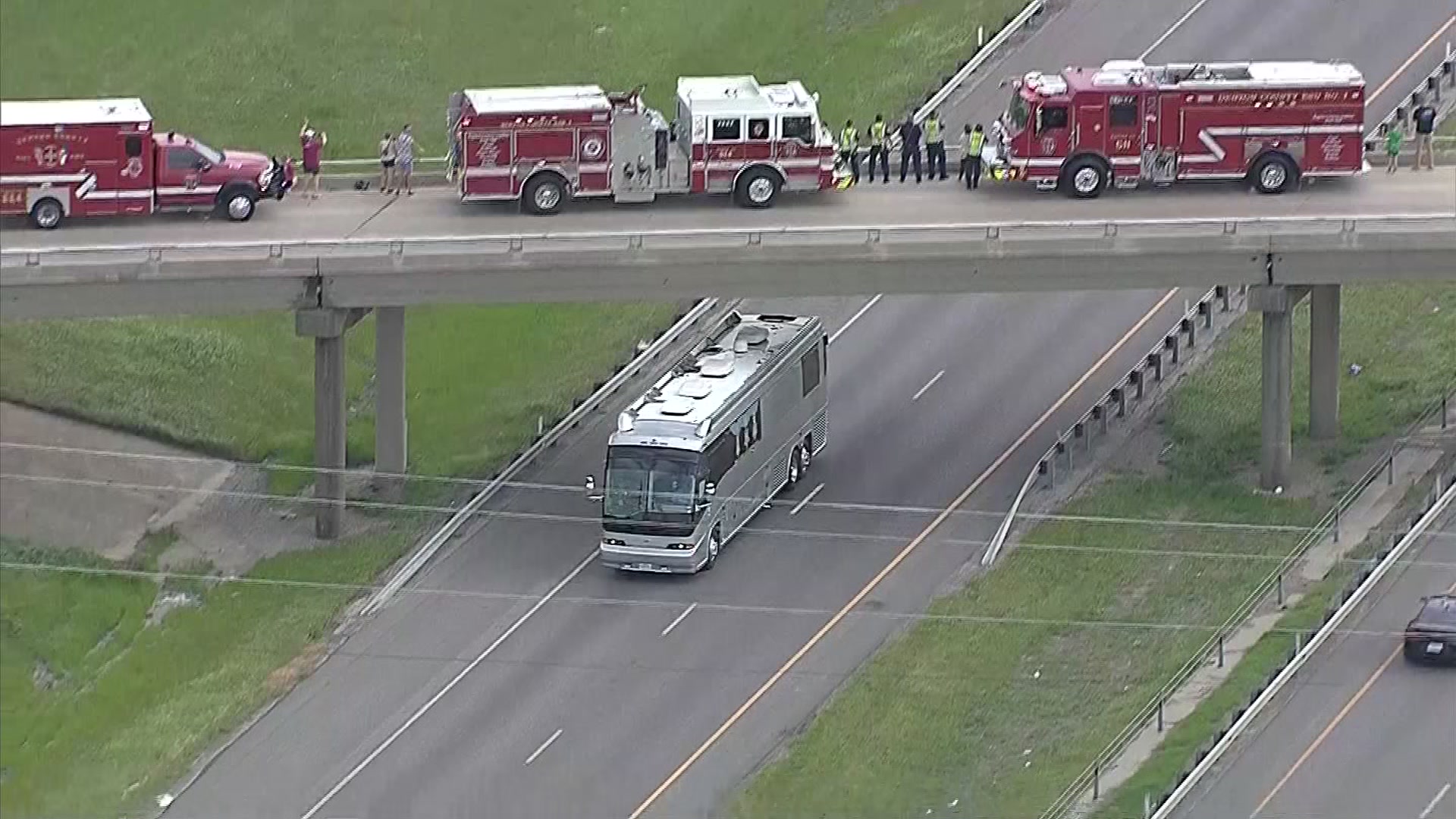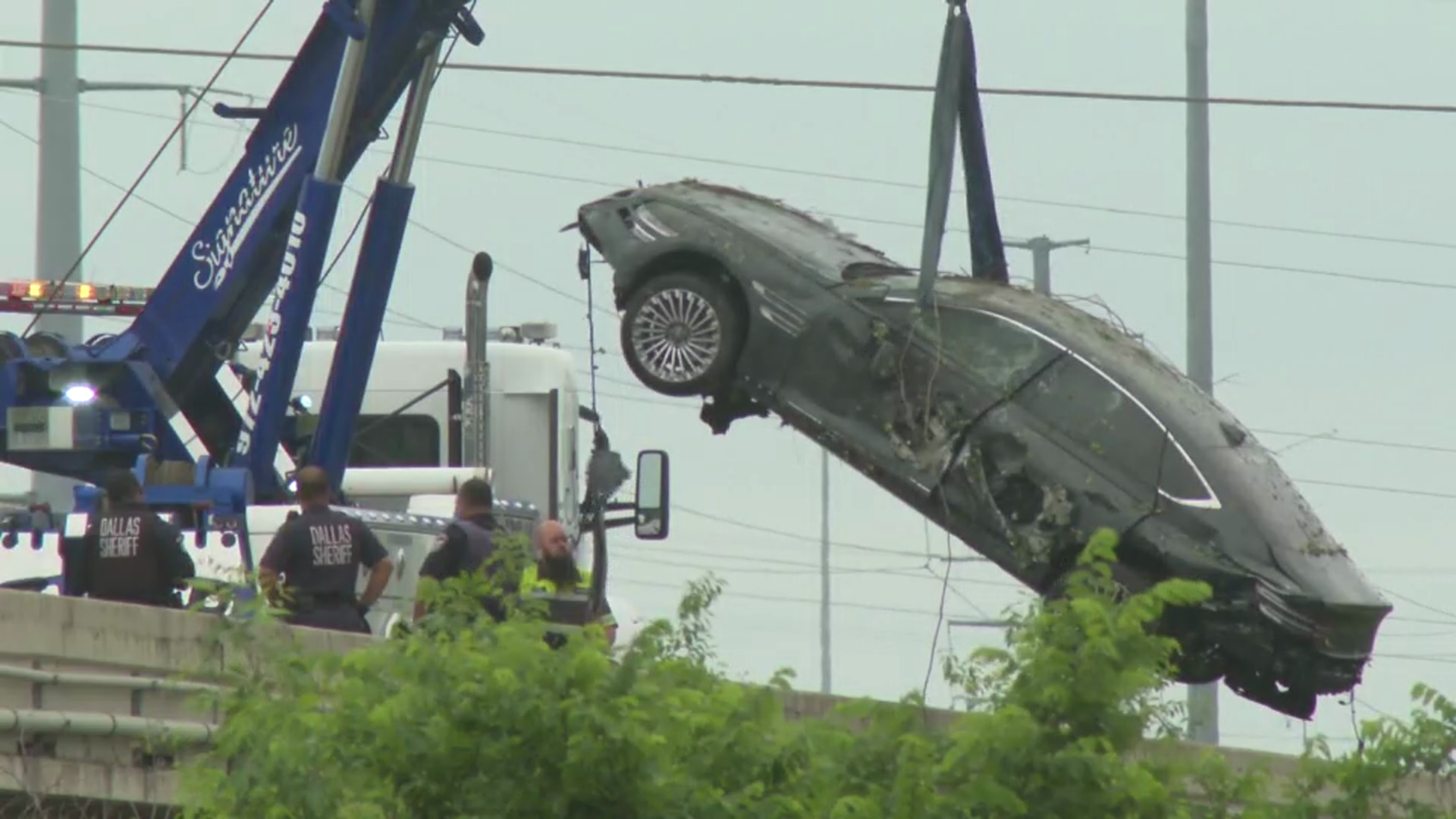A top expert on Texas school finance testified Wednesday that funding for public education remains inadequate and too inefficiently distributed to meet tough curriculum standards set by Texas lawmakers, even though statewide high school graduation rates have improved.
Lynn Moak, an education analyst for nearly five decades, testified on behalf of the 600-plus school districts that have sued the state, claiming that $5.4 billion in classroom funding cuts in 2011 have left schools unable to prepare youngsters for lofty high school graduation requirements.
Judge John Dietz ruled in February that Texas' school finance system violates the state constitution, but he's hearing new evidence after the Legislature this summer added $3.4-plus billion in public school funding and softened curriculum requirements. The second round of proceedings is expected to last at least three weeks -- and Dietz's final ruling will almost certainly be appealed to the state Supreme Court.
The Texas attorney general's office maintains that the system has always been constitutional and remains that way.
Moak testified in October 2012 that test results showed 75 percent of Texas high school graduates are not ready for higher education.
He was the first witness of the trial's second phase, this time telling Dietz that school districts statewide need at least $1,000 more per student to meet minimum standards.
"School districts have to have a certain amount of resources to meet the requirements of the state," Moak said.
Local
The latest news from around North Texas.
He also stood by his 2012 testimony, even after Assistant Attorney General Darren Gibson pressed him on the Legislature's 2013 decision to reduce the number of standardized tests students must pass to graduate high school from 15 to five.
Moak said originally that more than 338,000 high school students are not on track to graduate because they failed at least one of those standardized tests. He acknowledged Wednesday, however, that his estimate did not take into account thousands of students who eventually retook some exams and passed.
"It does not change the fact that some 338,000 students did not meet the (passing) standard in the first administration of the tests," Moak said, though he also noted that the number of students now in danger of not graduating would be less than half of all students who have been tested.
Gibson then introduced as evidence a report released Tuesday by the Texas Education Agency showing that 76 percent of juniors have now passed all the state-mandated exams they had taken.
"Does this information change your opinion on the adequacy of the school finance system?" Gibson asked. When Moak replied that it did not, Gibson shot back, "Then what will it take?" Moak didn't answer that.
A federal 2012 report found that Texas' four-year high school graduation rate was 86 percent for the Class of 2011 -- tying the state with five others for the nation's third-best high school graduation rate. A more-recent federal study using different criteria also showed the rate improving, but only to 78.9 percent for the 2009-2010 school year.
Gibson asked Moak whether high school graduation rates have been improving, and the witness said that they have.
But he added: "The question is how will those graduation rates be maintained in the face of the new end-of-course test requirements?"



